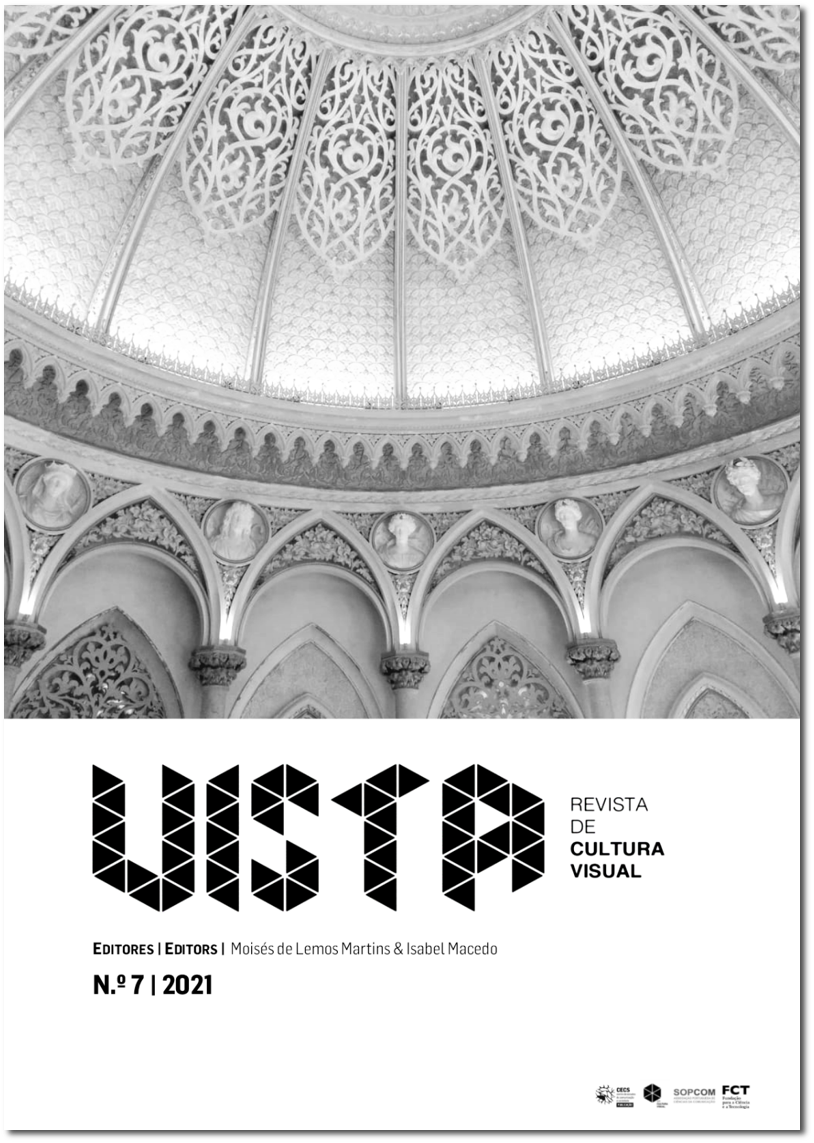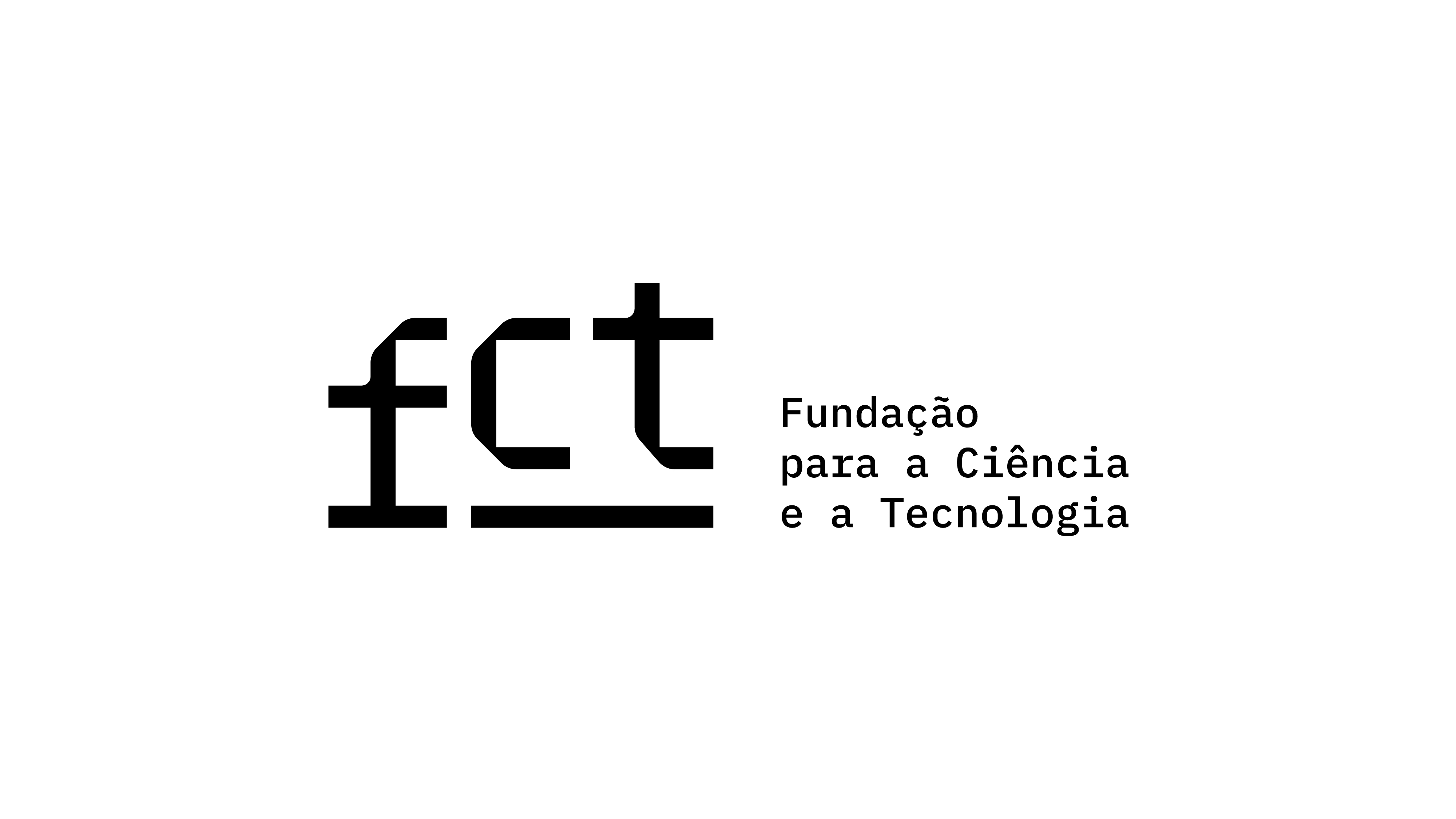Museus a céu aberto: culturas digitais, estética e vida quotidiana
DOI:
https://doi.org/10.21814/vista.3165Palavras-chave:
arte, cultura digital, imaginário, vida quotidianaResumo
Numa época em que tudo se torna arte, a arte já não pertence a si mesma, ao ponto de transbordar dos quadros que a enclausuraram durante séculos – museus, galerias, igrejas – com efeitos inéditos não só e não unicamente no campo da estética, mas sobretudo na vida quotidiana. Para compreender esta dinâmica em profundidade, é necessário ter em conta a reprodutibilidade digital da obra de arte, enquanto dinâmica que perturba a relação entre obra e espectador, sujeito e objeto, política e vida quotidiana. A partir da segunda metade do século XVIII, assistimos a uma dinâmica de "estetização do público" paralela ao nascimento da indústria cultural e, portanto, à transformação da cultura em mercadoria. É um processo ambíguo, pois implica a emergência da massa como sujeito central de nossa cultura, mas também sua reificação definitiva. E quanto à estética em tal condição? O presente estudo explora a genologia e a história desse processo por meio da atualização do pensamento de Walter Benjamin em relação às emergências culturais de nosso tempo. Em particular, parece essencial compreender o que acontece com a aura no contexto de uma condição em que o objeto estético, a obra de arte e, de forma mais geral, a área que diz respeito à beleza está disponível, é usada e consumida no quotidiano, tanto a ponto de colocar nossas cidades como "museus a céu aberto".
Downloads
Referências
Anderson, B. (1996). L’imaginaire national: Réflexions sur l’origine et l’essor du nationalism. Éditions La Découverte.
Attimonelli, C. (2008). Techno. Ritmi afrofuturisti. Meltemi.
Bakhtine, M. (1998). L’œuvre de François Rabelais et la culture populaire au Moyen-Âge et sous la Renaissance. Gallimard.
Banksy. (Director). (2010). Exit through the gift shop [Film]. Paranoid Pictures.
Bataille, G. (2010). Le souverain. Fata Morgana.
Bastide, R. (1997). Le sacré sauvage et autres essais. Stock.
Baudrillard, J. (2000). Mots de passe. Fayard.
Benjamin, W. (2000). L’œuvre d’art à l’époque de sa reproductibilité technique. Gallimard.
Cardon, D. (2015). À quoi rêvent les algorithmes. Nos vies à l’heure des big data. Seuil.
Celka, M. (2018). Vegan order. Des éco-warriors au business de la radicalité. Éditions Arkhé.
Combes, M. (2010). Réflexions sur le “capitalisme vert”. Mouvements, 3(3), 99-110. https://doi.org/10.3917/mouv.063.0099
De Certeau, M. (1999). L’invention du quotidien. Arts de faire. Gallimard.
Drengson, A., & Inoue, Y. (Eds.). (1995). The deep ecology movement: An introductory anthology. North Atlantic Books.
Durand, G. (1996). Introduction à la mythodologie. Albin Michel.
Durkheim, É. (2002). Sociologie et philosophie. PUF.
Hegel, W. F. (1944). Esthétique. Aubier.
Latouche, S. (2006). Le Pari de la décroissance. Fayard.
Lessig, L. (2008). Remix: Making art and commerce thrive in the hybrid economy. Penguin Books.
Maffesoli, M. (2017). Ecosophie: Une écologie pour notre temps. Les Éditions du Cerf.
Martins, M. (2015). La technique, le rêve et la limite de l’humain. Iconocrazia, 7, 1-2.
Marx, K. (1980). Introduction générale à la critique de l'économie politique. Éditions Sociales.
Mcluhan, M. (1977). D’oeil à oreille. Denoël.
Nietzsche, F. (1997). La naissance de la tragédie. Gallimard.
Obadia, L. (2012). L’anthropologie des religions. Éditions la Découverte.
Perniola, M. (1994). Le sex-appeal de l'inorganique. Léo Scheer.
Susca, V. (2011). L’inquiétante merveille du totem. Les Cahiers Européens de L’imaginaire, 3, 32-40.
Susca, V. (2016). As afinidades conectivas. Para compreender a cultura digital. Sulina.
Toffler, A. (1980). La troisième vague. Denoël.
Wilde, O. (1972). Le portrait de Dorian Gray. Le Livre de Poche.
Downloads
Publicado
Como Citar
Edição
Secção
Licença
Direitos de Autor (c) 2021 Vista

Este trabalho encontra-se publicado com a Licença Internacional Creative Commons Atribuição 4.0.
Os autores são titulares dos direitos de autor, concedendo à revista o direito de primeira publicação. O trabalho é licenciado com uma Licença Creative Commons - Atribuição 4.0 Internacional.












